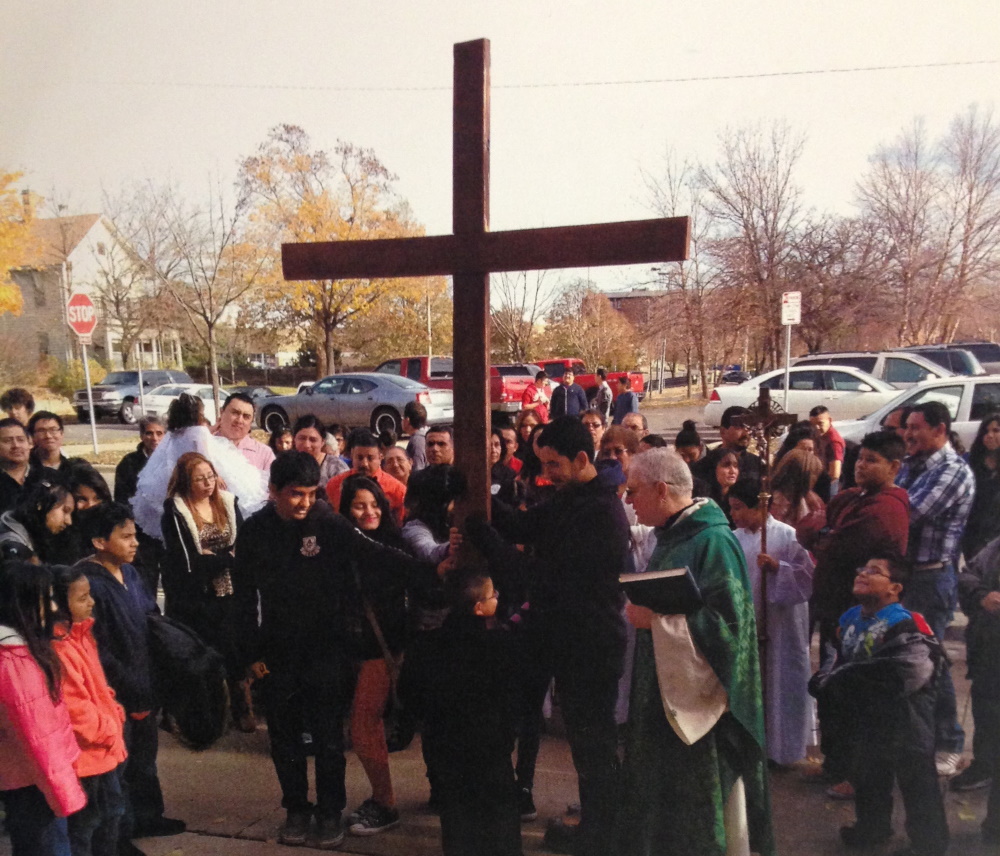 Tired of being cooped up and quarantined for more than a year, Diana and I went on a road trip across the United States just after we got our COVID vaccines.
Tired of being cooped up and quarantined for more than a year, Diana and I went on a road trip across the United States just after we got our COVID vaccines.
We saw state capitals where tour guides would explain to us about the different kinds of marble, how the dome was constructed, and what the architect’s influences were. We listened to a U.S. Park Ranger explain to us about the evolution of Jazz in New Orleans, which included examples of different kinds of syncopation and rhythm on a piano. And we went to a stargazing event during which college students, professors, and amateur astronomers geeked out explaining to us about supernovas, star clusters, and black holes.
All of these represent worlds that we are not a part of. We were tourists being given a small glimpse into unfamiliar realms that had languages, customs, assumptions, and knowledge-bases we could barely understand.
Mastering the world of the catechumenate
In many ways, the catechumenate is like that. It is a world that not many people completely understand. Sometimes, even members of catechumenate teams can seem a little like tourists who are just visiting this strange, exotic land.
In order to become “fluent” in catechumenate ministry, we have to, in a sense, learn the grammar and vocabulary. There are many methods to accomplish this, and a key component is to become very familiar with the rite itself, the Rite of Christian Initiation of Adults. As you probably know, the rite is being retranslated from Latin into English. When the new rite comes out (which will then be called an “order”), it will be important for catechumenate teams to not only know what the rite says, but what it means for the culture of the catechumenate in our parishes.
Unfortunately, many people find the ritual text daunting. It has a hefty page count, and the language is sometimes difficult to understand. The good news is, the complexity of the language is not made worse in the new translation. The bad news is that neither is it significantly improved.
But the world of the catechumenate is nowhere near as difficult to master as are the worlds of architecture, Jazz music, or astronomy.
In this post, I want to explore why mastering the world of the catechumenate is so important.
What is the catechumenate for?
Pope Francis, early in his papacy, said:
I dream of a “missionary option,” that is, a missionary impulse capable of transforming everything, so that the Church’s customs, ways of doing things, times and schedules, language and structures can be suitably channeled for the evangelization of today’s world rather than for her self-preservation.
The renewal of structures demanded by pastoral conversion can only be understood in this light: as part of an effort to make them more mission-oriented, to make ordinary pastoral activity on every level more inclusive and open, to inspire in pastoral workers a constant desire to go forth and in this way to elicit a positive response from all those whom Jesus summons to friendship with himself. (Joy of the Gospel 27)
The reason we need to become “geeks” about the catechumenate is that the catechumenate is the template for implementing the missionary option the pope dreams about. The catechumenate is not just about teaching the Catholic stuff. It is about renewing the whole culture of our parish communities. It is about mentoring the People of God to become missionary disciples. It is about inspiring friends, neighbors, family, fellow parishioners to go forth to tell them the great good news about Jesus inviting them into friendship with himself.
Stepping up to the challenge
For some catechumenate team members, this may sound overwhelming and more than you signed up for. For others, it may sound like an exciting challenge that you can’t wait to get started on. For some, it sounds like what you have already been working so hard to accomplish all this time.
The publication of the new translation is an opportunity for all of us to get on the same page about what “catechumenate” means and to become fluent in the vocabulary and grammar of that world. In a future post, we’ll look at how reading the rite itself will help us become catechumenate “geeks” who will transform the culture of our parish communities.
Your turn
How do you like to “geek out” when it comes to the catechumenate? What grammar/vocabulary/fluency would you like to learn regarding the catechumenate? Share your thoughts in the comments below.












